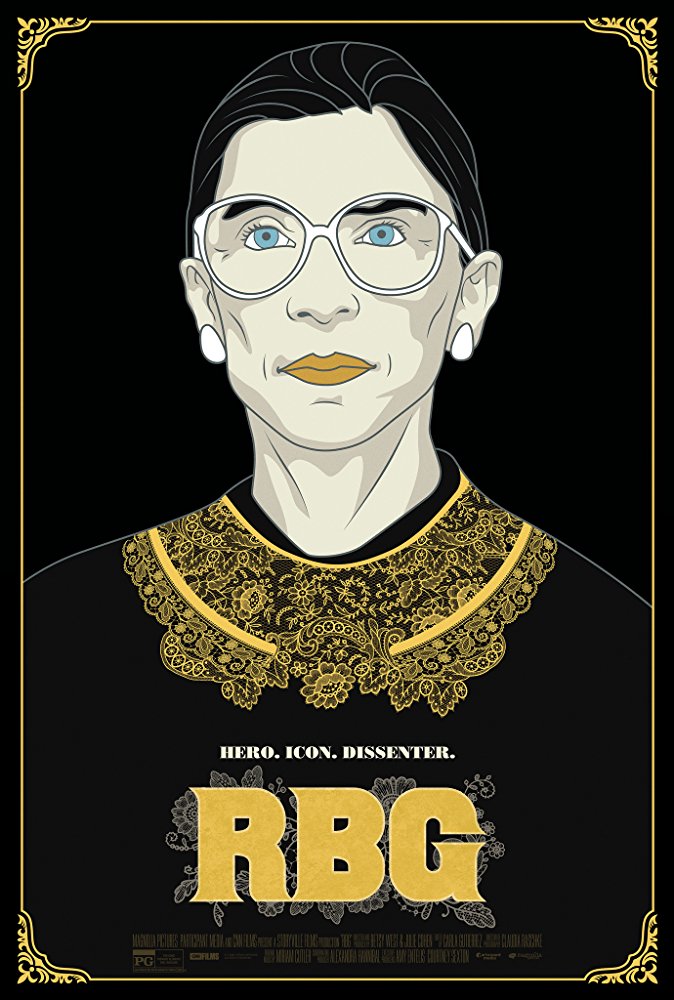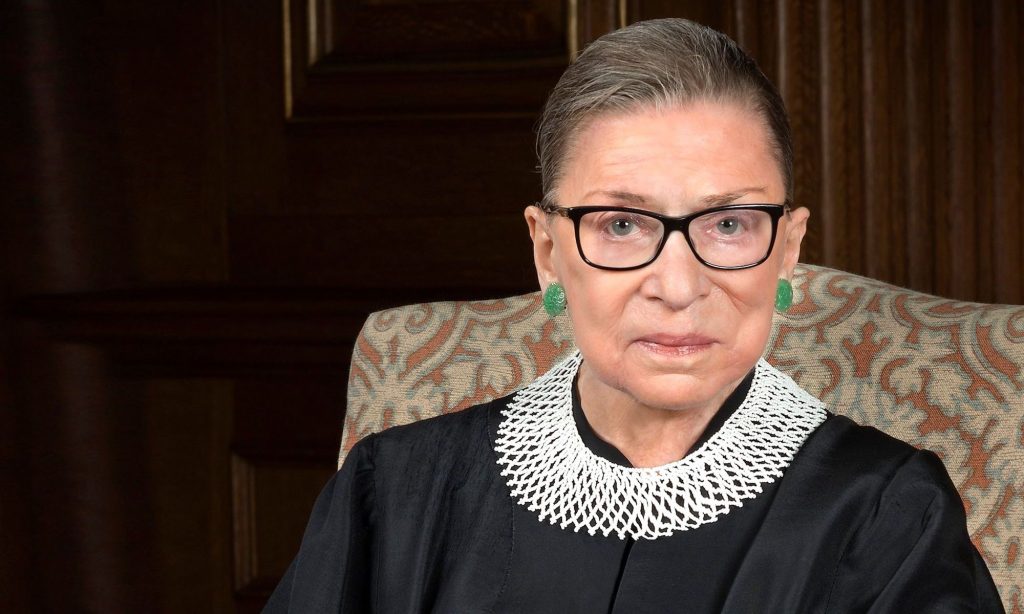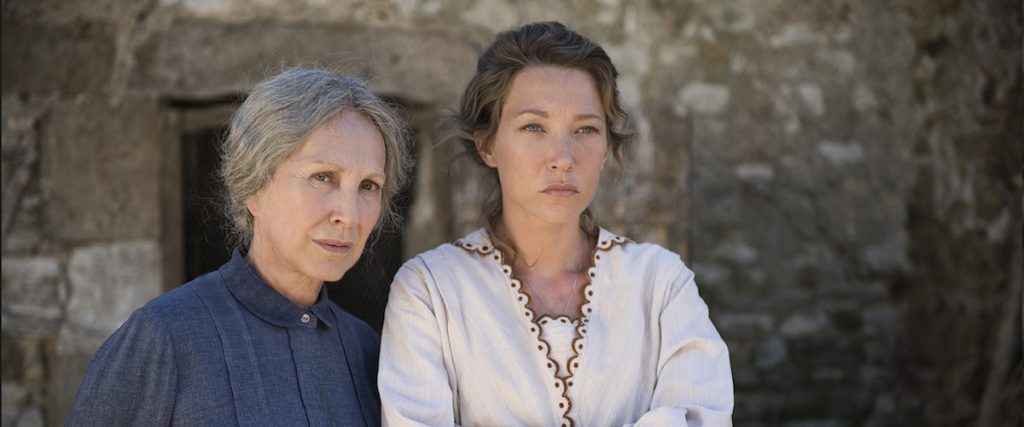
Welcome to Now Available, where we’ll give you a quick review of a film we didn’t cover when it was released in theaters that’s releasing for home viewing this week, along with a list of everything else and where you can see our coverage on it.
Xavier Beauvois’ The Guardians is a war film that never shows us the battlefield. Rather than giving us glimpses of the horrors on the front, it tells the story of the women who were left behind. Beginning in 1915, the film’s setting is the farm of Hortense Sandrail (Nathalie Baye), the hard working mother of three who is left to control the family farm when her two sons and son-in-law are called away to fight for France in World War 1. Together with her daughter Solange (Laura Smet), their new hired hand Francine (Iris Bry) and the help of the community, the family works to survive the harsh realities of farm life in the early twentieth century.
The Guardians is a tale of two halves. The IMDb summary of the film “Women are left behind to work a family farm during the Great War,” only describes the first hour of the movie, and that part is absolutely sublime. Beauvois’ portrait of the French countryside is gorgeous. As someone who was born and raised in the Great Plains, I’m always excited when the beauty of a field ripe for harvest catches the eye of an artist like it has here. His naturalistic style set against this backdrop makes the first half of the film, based on the Ernest Pérochon novel of the same name, feel more like actual footage than scripted drama. Our three main players, Baye, Smet and Bry are fantastic, perfectly balancing a look of constant exhaustion with an air of confident resolve. It’s really breathtaking. Unfortunately, once the men return, the film turns into a disappointing melodrama featuring classical soap opera tropes like unfounded gossip, illicit affairs and pregnancies to bog down the proceedings. It’s a pretty disappointing end to a film that started out as engaging and as beautiful as anything I’ve seen yet in 2018.
The Guardians is part love letter to the French countryside and part tepid melodrama. Fortunately the former is captivating enough to not be soiled by the latter. Ultimately it’s worth watching as an uplifting picture of families working together to survive on the home front during wartime.
Buy It, Rent It, Wait for Netflix or Skip It?
Wait for Netflix.
Also available this week:
American Animals- Aaron had the opportunity to sit down and chat with director Bart Layton in this minisode you don’t want to miss.
RBG- Read Aaron’s review of the distinguished Supreme Court judge here.
Tag- This summer’s most surprising comedy is now available to watch at home. See what Aaron thought right here.
Upgrade- Darkly fun and very unexpected, here are my thoughts on this sleeper hit.
Book Club- There is nothing remotely original about this little story, but the cast is so amazing that I didn’t really even care.
Other New Releases: Mary Shelley, A Kid Like Jake, Woman Walks Ahead

Jeremy Calcara is a contributing member of the Feelin’ Film team. Follow him on Facebook and Twitter to be notified when new content is posted.


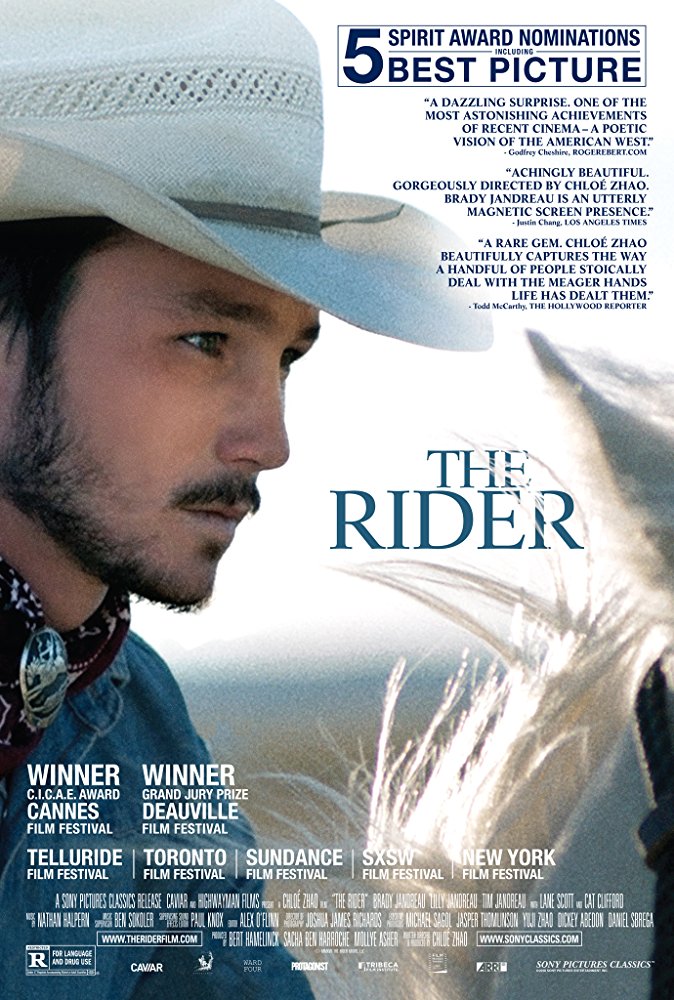
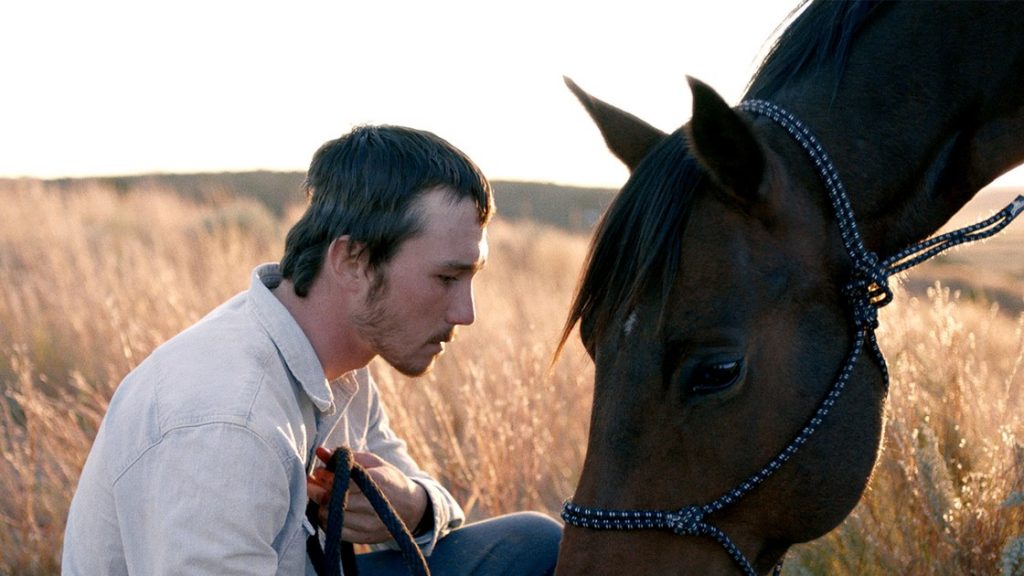
 Aaron White is a Seattle-based film critic and co-creator/co-host of the Feelin’ Film Podcast. He is also a member of the
Aaron White is a Seattle-based film critic and co-creator/co-host of the Feelin’ Film Podcast. He is also a member of the 